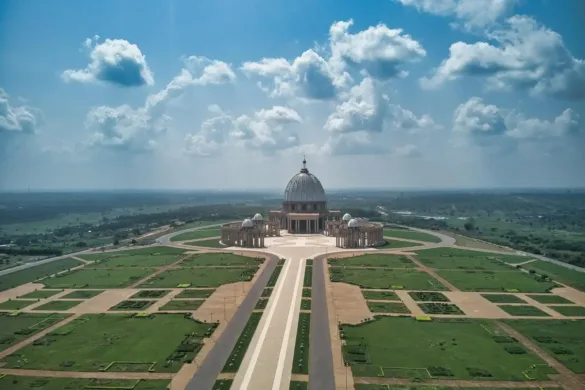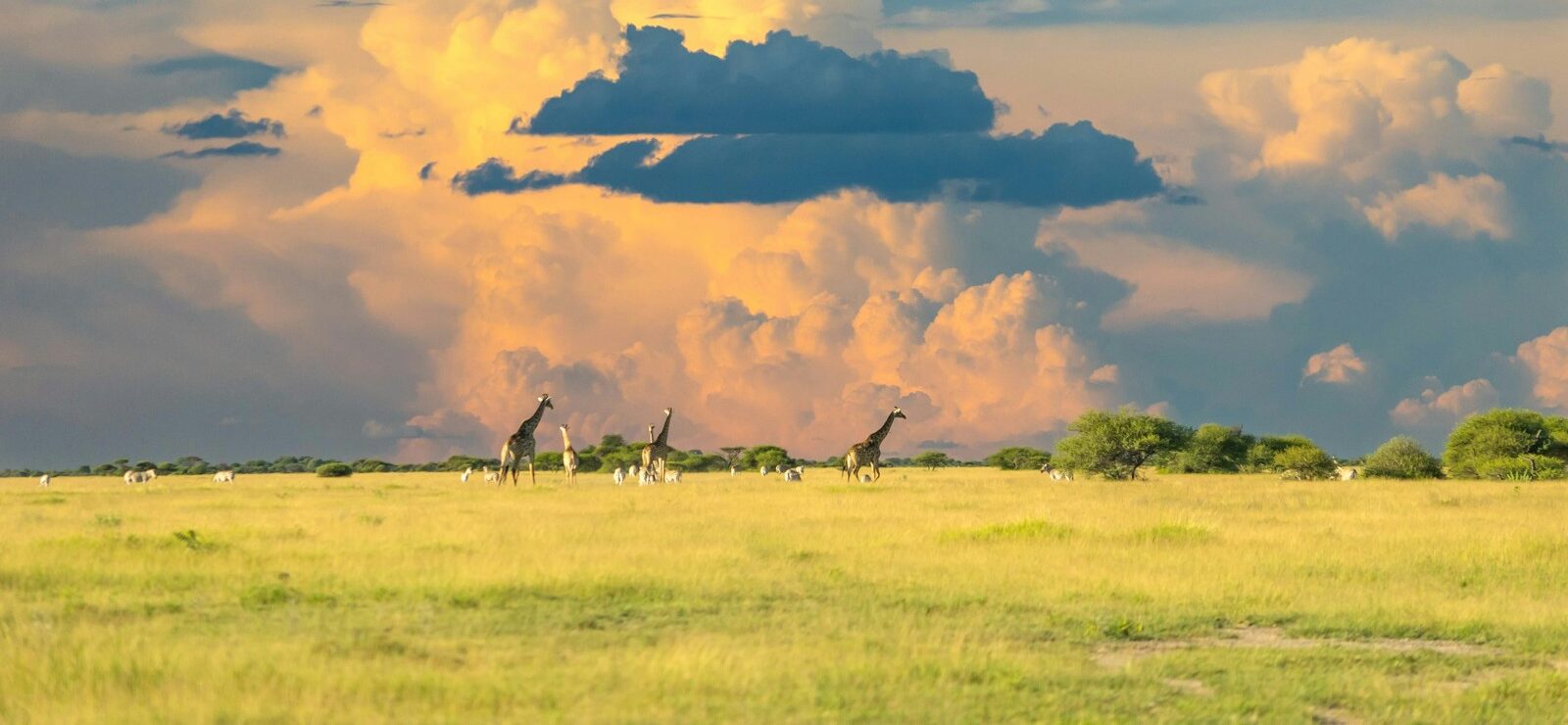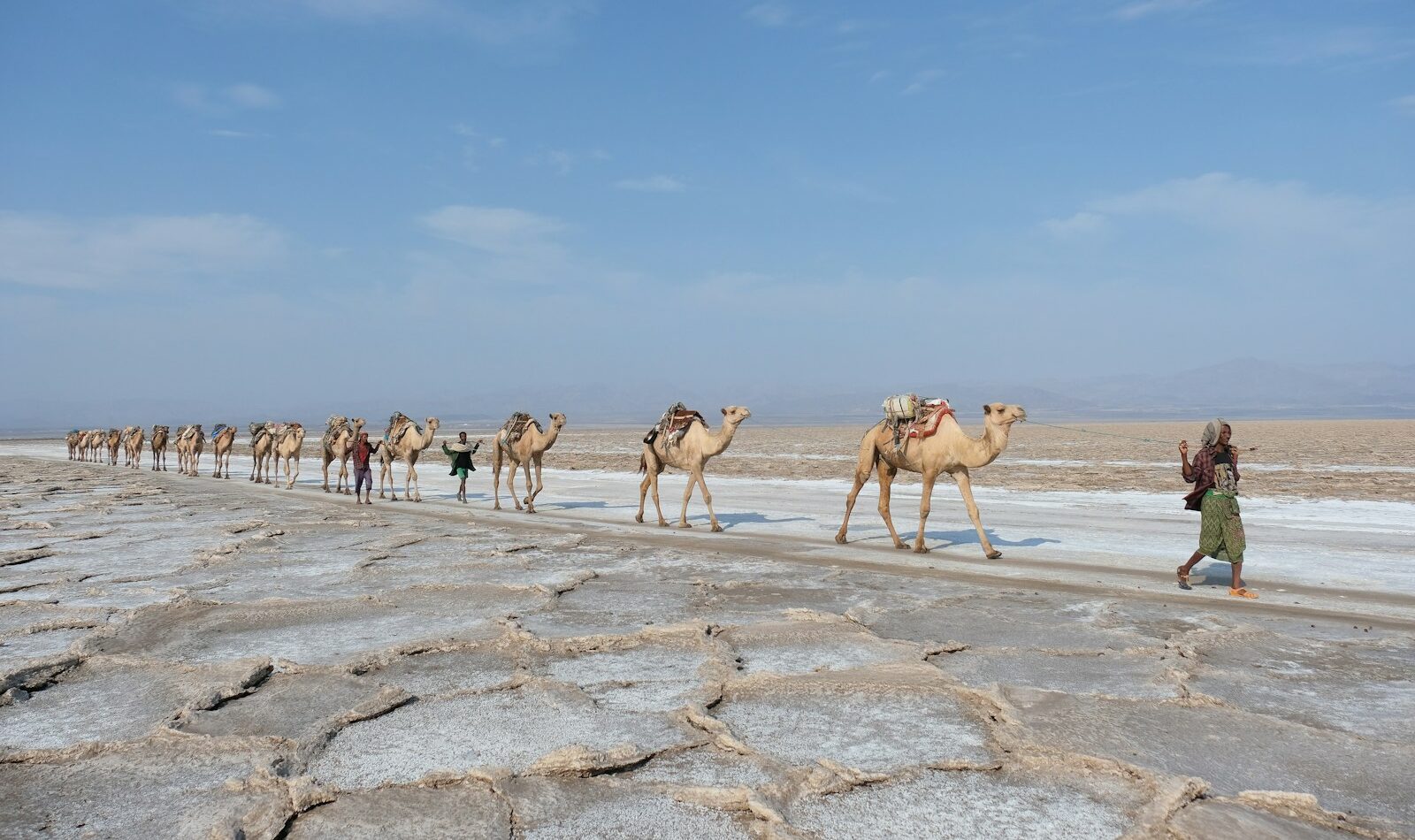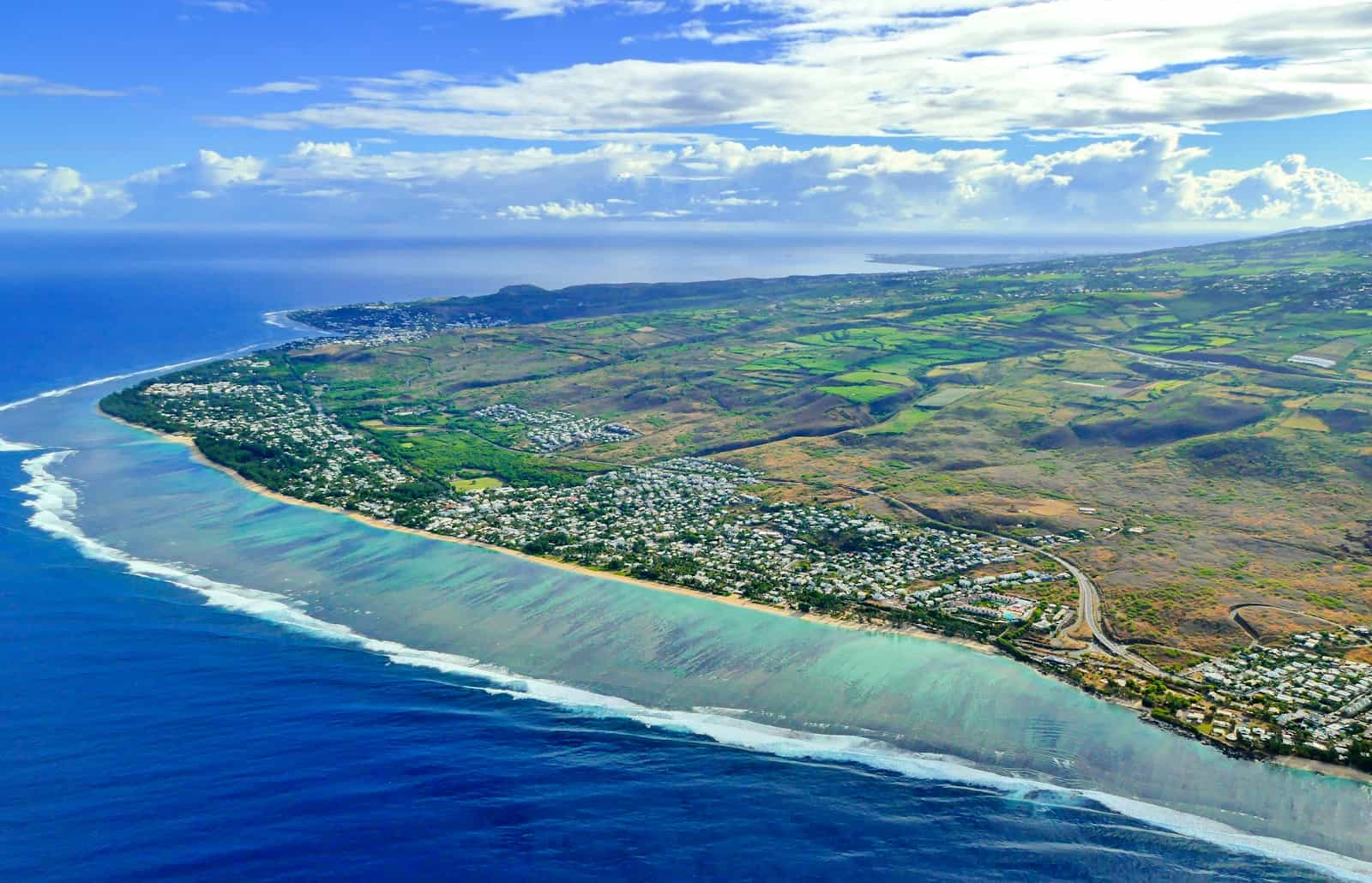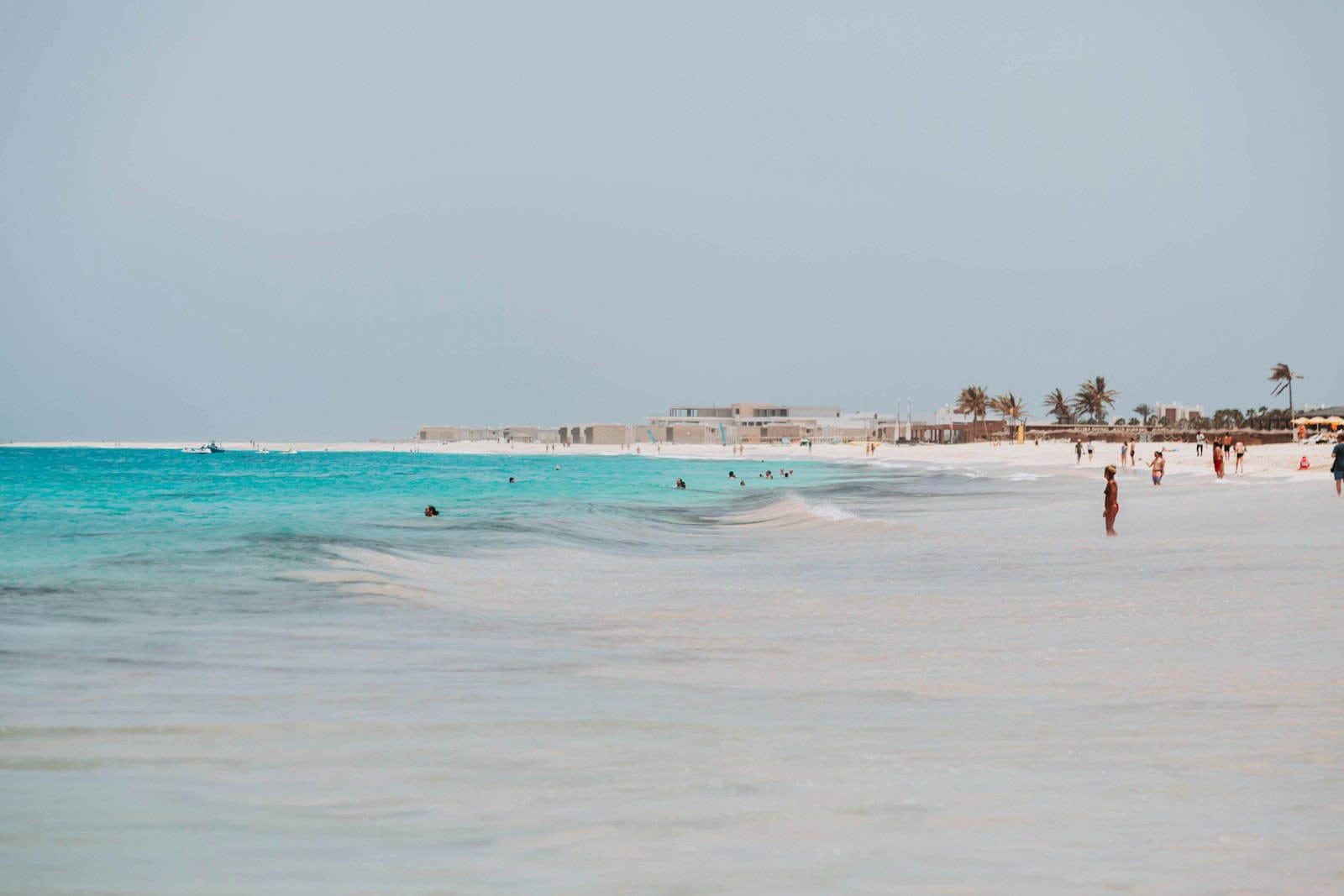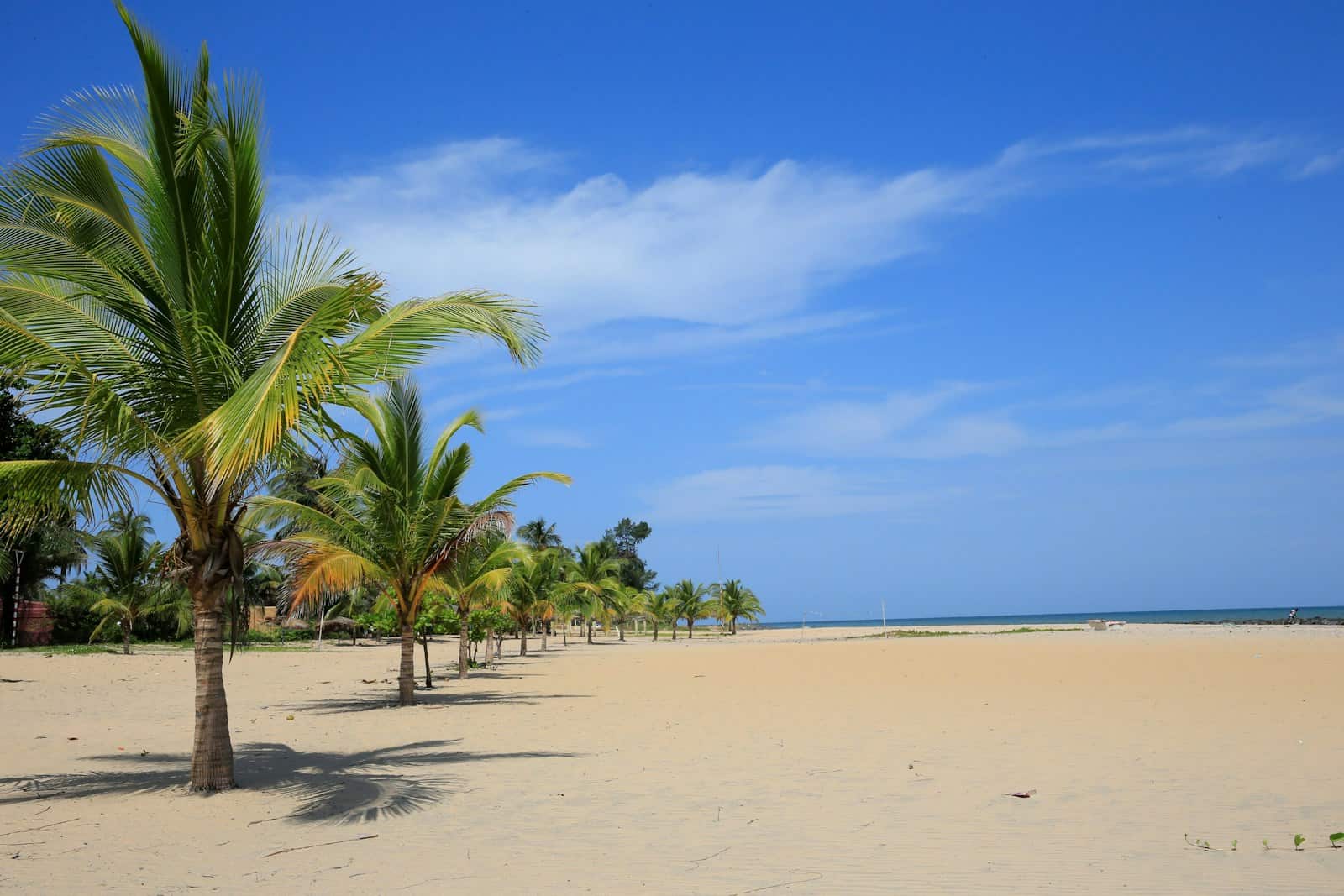South Africa Travel Guide: Iconic Landscapes & Unforgettable SafarisIntro to South Africa Travel Guide
From the wild heart of Kruger to the vibrant streets of Cape Town, South Africa is where epic landscapes and cultural collisions create an unforgettable adventure. Here, you’ll find whale-dotted coastlines, lush vineyards, dramatic mountains, and townships pulsing with history and music. Whether you crave wildlife encounters, road trips through rugged deserts, or local braais under the stars, South Africa offers it all.
Start planning your trip with our complete South Africa tour guide — from safari routes and cultural sites to coastal escapes and wine trails.
💡Quick Facts:
Continent: Africa
Country: Republic of South Africa
Area: 1,221,037 km² (471,445 mi²)
Population: ~60.4 million (2024 estimate)
Density: ~49 people per km²
Capital: Pretoria (administrative), Cape Town (legislative), Bloemfontein (judicial)
Regions/Subregions: Western Cape, Eastern Cape, Gauteng, KwaZulu-Natal, Limpopo, Mpumalanga, Northern Cape, Free State, North West
Language(s): 11 official languages including Zulu, Xhosa, Afrikaans, and English
Currency: South African Rand (ZAR)
Time Zone(s): GMT+2 (SAST)
Airports: O. R. Tambo (JNB), Cape Town (CPT), King Shaka (DUR), Lanseria (HLA), Port Elizabeth (PLZ)
Climate: Diverse – Mediterranean in the southwest, subtropical in the northeast, semi-arid interior
Known For: Safari parks (Kruger), Cape Town & Table Mountain, the Garden Route, Robben Island, wine regions, cultural diversity
🛂Arrival Info:
– Citizens of over 100 countries (including the US, UK, most EU nations) can enter visa-free for up to 90 days
– Others must apply for a visa online or at a consulate: South Africa Visa Portal
– E-visas are available for select countries
– Extensions may be requested but must be submitted before current visa expires
💉Health Info:
– Recommended: Hepatitis A & B, Typhoid, Rabies (for rural travel), Yellow Fever (if arriving from affected country)
– Malaria risk in Kruger and northern Limpopo — take prophylactics if visiting
– Tap water is safe in cities but not recommended in rural areas
– Hospitals in major cities like Johannesburg and Cape Town are modern and reliable
✅ Check travel insurance options for travel emergencies, delays, and medical needs abroad — get coverage here
✅ Stay Informed with Official Updates: World Health Organization – International Travel and Health | Travel health updates
🚨Travel Advisory:
– As of mid-2025: Level 2 – Exercise Increased Caution due to crime and civil unrest
– Avoid certain neighborhoods at night, especially in Johannesburg and Pretoria
– Stay informed of strikes or protests which may affect transit
✅ Stay Informed with Official Updates: US Travel Advisory | UK Foreign Travel Advice
📅Holidays:
– Freedom Day (Apr 27): Marks first post-apartheid elections
– Heritage Day (Sep 24): Celebrates cultural diversity
– Youth Day (Jun 16): Honors 1976 Soweto Uprising
– National Women’s Day (Aug 9): Celebrates role of women in society
– Day of Reconciliation (Dec 16): Promotes national unity
💰Visitor Info:
– Currency: South African Rand (ZAR); ~$1 = ~18.3 ZAR (2025 mid-year rate)
– ATMs widely available in cities and malls
– Credit cards accepted in most establishments; rural areas prefer cash
– Tipping: 10–15% in restaurants, R5–R10 for small services
– Duty-Free: 200 cigarettes, 2 liters of wine, 1 liter of spirits; excess taxable
✈️Airports:
– O.R. Tambo International (JNB) – Johannesburg – Largest hub, most international arrivals
– Cape Town International (CPT) – Major gateway to the Western Cape
– King Shaka International (DUR) – Durban; growing access to Indian Ocean coast
✅ Delayed or canceled flight? Check if you’re eligible for compensation
🚍Transport:
– Public options: minibus taxis (cheap but informal), MyCiTi Bus (Cape Town), Gautrain (Johannesburg)
– Uber & Bolt are reliable in major cities
– Driving: Left side; International Driving Permit recommended
– Roads well-maintained, but watch for animals or potholes in rural zones
– Avoid hitchhiking and unmetered taxis
✅ Book reliable airport transfers and in-city rides in advance. Reserve your ride here
📶Connectivity:
– Local SIMs available at airport kiosks (Vodacom, MTN, Telkom)
– eSIMs supported by Airalo, Holafly, and major SA providers
– 4G/5G widely available in urban zones
– Public Wi-Fi in malls and hotels; limited in rural towns
✅ Stay connected abroad with affordable eSIM data packs. Get your eSIM here
📜Laws & Etiquette:
– Drinking age is 18
– Avoid political commentary in rural areas or on apartheid-era issues
– Dress modestly in religious areas and townships
– LGBTQ+ travelers welcome in urban hubs; exercise caution in rural areas
– Smoking banned indoors and in public transport zones
🛡️Emergency Info:
– Emergency: 10111 (Police), 10177 (Ambulance/Fire)
– US Embassy Pretoria | UK High Commission
– Travel Insurance: Strongly recommended, especially for safari or adventure trips
✅ Use embassy locator tools: Embassies Worldwide
🌦️Weather:
– Summer (Nov–Feb): Hot with rains inland; Cape Town is dry and breezy
– Winter (May–Aug): Dry and cool inland; wet in the Cape
– Best time to visit: March–May (fall) and September–October (spring) for mild weather and great wildlife viewing
✅ Stay prepared—check the weather forecast for your destination — Weather Forecast
South Africa by Region – Where to Go
South Africa’s diversity shines brightest through its nine provinces. Each offers something different — whether it’s coastal drama, big five game reserves, or rich Zulu traditions.
Western Cape – Coastlines, Culture & Cape Winelands
Anchored by Cape Town, this region is famed for the Cape of Good Hope, Table Mountain, and nearby vineyards. Drive the Garden Route, surf in Muizenberg, or sip your way through Stellenbosch and Franschhoek.
Eastern Cape – Untamed Nature & Xhosa Traditions
Less developed than the west, this province is rich in beaches, surf towns like Jeffreys Bay, and wildlife parks like Addo Elephant National Park. It’s also the birthplace of Nelson Mandela.
KwaZulu-Natal – Mountains, Beaches & Zulu Heritage
From Durban’s golden beaches to the soaring Drakensberg, this region blends Indian Ocean warmth with cultural richness. Don’t miss iSimangaliso Wetland Park or the historic Battlefields Route.
Gauteng – Urban Energy & Political History
South Africa’s economic engine and most populous province is home to Johannesburg and Pretoria. Explore apartheid history, world-class art galleries, and township life in Soweto.
Mpumalanga – Gateway to the Safari Heartland
The province borders Kruger National Park and is known for dramatic scenery like Blyde River Canyon. Expect rolling grasslands, waterfalls, and panoramic drives like the Panorama Route.
Limpopo – Ancient Cultures & Remote Reserves
North of Kruger, Limpopo is quieter and more rural. It’s steeped in Venda and Pedi culture, with scenic areas like Waterberg and cultural sites like Mapungubwe.
North West – Bushveld, Caves & Big Game
Often overlooked, this area offers Sun City’s entertainment and Pilanesberg Game Reserve’s safari access. The UNESCO-listed Cradle of Humankind sits just west of Johannesburg.
Free State – Farmlands & Heritage Towns
A highland plateau of farmland, sandstone cliffs, and cultural heritage. Clarens is a top stop for art lovers and Golden Gate Highlands National Park showcases incredible geology.
Northern Cape – Vast, Wild & Desert-Hued
South Africa’s largest province is also its least populated. It includes the Kalahari Desert, Namaqualand wildflowers (in spring), and the Augrabies Falls on the Orange River.
Top Places to Visit in South Africa
Whether you’re drawn to wildlife, wine, history, or coastlines — South Africa has a destination for you.
Cultural Capitals
Cape Town: A visual masterpiece with Table Mountain, Robben Island, and vibrant Bo-Kaap.
Johannesburg: A creative, complex city with rich history, buzzing markets, and Soweto’s legacy.
Pretoria: The Jacaranda City with heritage buildings and diplomatic charm.
Nature Escapes
Kruger National Park: South Africa’s safari giant — home to the Big Five and over 500 bird species.
Drakensberg Mountains: Hike, fish, and climb in this UNESCO-listed range.
iSimangaliso Wetland Park: A unique combo of coral reefs, hippos, and turtles.
Historic Sites
Robben Island: Mandela’s prison island, now a sobering museum.
Cradle of Humankind: Fossil-rich caves exploring early human evolution.
Battlefields of KwaZulu-Natal: Walk in the footsteps of the Anglo-Zulu and Boer wars.
Coastlines & Islands
Cape Peninsula: From Hout Bay to Cape Point and Boulders Beach’s penguins.
Garden Route: Scenic road trip past forests, cliffs, and lagoons.
Wild Coast: Rugged, rural, and largely untouched — great for hiking and surf.
How to Choose Where to Go in South Africa
Trying to choose between surf towns and safari camps? Here’s how to narrow it down:
- For coastline and city culture, pair Cape Town with the Garden Route.
- For safari and dramatic landscapes, combine Kruger with the Panorama Route or Limpopo’s private reserves.
- For culture and history, explore Johannesburg, the Apartheid Museum, and Zulu heritage sites in KwaZulu-Natal.
- For adventure, consider hiking in the Drakensberg or diving with sharks in Gansbaai.
- For off-the-beaten-path travel, drive through the Karoo or explore the remote Wild Coast.
How to Get Around South Africa
Travel across this vast country can be seamless with the right tools.
- Domestic flights connect major cities quickly — budget carriers like FlySafair are reliable.
- Long-distance buses (e.g., Intercape, Greyhound) connect urban centers affordably.
- Car rental is highly recommended for road tripping — particularly on the Garden Route, in the Western Cape, or across Mpumalanga.
- Minibus taxis are local and cheap but confusing for tourists.
- Uber/Bolt operate in major cities like Cape Town and Johannesburg.
- Travel apps: Google Maps, Bolt (for rides), and SnapScan (for digital payments) are musts.
Travel Budget & Costs in South Africa
South Africa is a great value destination for most travelers.
Average Daily Costs:
- Budget: $30–50 (hostels, local meals, public transit)
- Mid-range: $60–120 (guesthouses, car rental, casual restaurants)
- Luxury: $200–400+ (safari lodges, boutique hotels, wine tours)
Typical Prices:
- Safari lodge (mid-range): $150–300 per night
- Backpacker dorm: $10–20 per night
- Local meal: $4–7; Restaurant entrée: $10–20
- Intercity bus ride: ~$15
- Domestic flights: $40–100 one-way
Tips to Save:
- Travel off-season (May–September for most regions)
- Self-drive safari parks to cut lodge costs
- Eat at local cafes, shisa nyama (braai stands), or food markets
- Use Airbnb or guesthouses instead of hotels
Best Time to Visit South Africa
South Africa’s climate is complex due to its geography. Here’s when to go by region:
- Summer (Nov–Feb):
Best for beaches and Cape Town, though rain hits the northeast. Expect crowds during Christmas. - Autumn (Mar–May):
Dry, cool, and less busy — ideal for Kruger, vineyards, and outdoor travel. - Winter (Jun–Aug):
Best for safaris (animals are easier to spot), with colder Cape Town weather and rain. Great time for whale watching. - Spring (Sep–Oct):
Wildflower season in Namaqualand and shoulder season in most areas — great time to visit broadly.
Key events:
- Cape Town Minstrel Carnival (Jan)
- National Arts Festival in Makhanda (Jul)
- Hermanus Whale Festival (Sep)
Must-See Experiences in South Africa
From epic landscapes to cultural immersion, here are unforgettable things to do in South Africa:
Go on Safari in Kruger
Spot lions, elephants, rhinos, and cheetahs across this massive park. Choose between guided drives or self-drive.
Walk with Penguins at Boulders Beach
Get up close with a protected colony of African penguins near Simon’s Town.
Explore Township Life in Soweto
Take a cycling or walking tour of this historic area with local guides — visit Vilakazi Street and Hector Pieterson Museum.
Hike the Amphitheatre in Drakensberg
Towering cliffs and epic trails define this high-altitude playground.
Drive the Garden Route
Winding coastlines, forests, lagoons, and whale sightings make this road trip legendary.
Visit Robben Island
Learn about apartheid and Mandela’s imprisonment through a ferry tour and ex-prisoner guides.
Taste Wines in Stellenbosch & Franschhoek
Cycle through vineyards, sip award-winning wines, and dine in Cape Dutch manor houses.
Spot Whales in Hermanus
A global whale-watching hotspot, especially between June and November.
Snorkel or Dive in Sodwana Bay
World-class coral reefs and warm Indian Ocean waters await.
Climb Table Mountain
Hike or take the cable car to panoramic views over Cape Town.
Book immersive South Africa tours and experience unforgettable things to do in South Africa — from sacred temple rituals and highland treks to floating markets and lakeside food adventures.
Best Travel Itineraries in South Africa
Whether you have a week or two, these sample routes help maximize your time while balancing safaris, coastlines, and culture.
Classic South Africa (10 Days)
Cape Town (4 days) → Winelands (1 day) → Garden Route (2 days) → Fly to Kruger area (3 days)
Why go: Combines city life, coastlines, and safari into one iconic route.
Wild Coast + Culture Loop (2 Weeks)
Johannesburg → Drakensberg → Durban → Wild Coast → Addo Elephant Park → Port Elizabeth
Why go: Great for self-drive explorers seeking authenticity and remote landscapes.
Luxury Safari & Wine Escape (7–10 Days)
Fly into Kruger for 3–4 nights at a luxury lodge → Cape Town (3–4 nights) → Stellenbosch/Franschhoek (2 nights)
Why go: Ideal for honeymooners or luxury travelers wanting contrast.
Nature & Adventure South (12 Days)
Cape Town (3 days) → Cederberg Mountains (2 days) → Garden Route (3 days) → Tsitsikamma → Addo (2 days)
Why go: Focuses on epic nature, hiking, and adventure sports.
Local Cuisine & Culinary Experiences in South Africa
The country’s culinary scene blends indigenous ingredients, Dutch and Malay flavors, and a serious love for grilling.
Must-Try Dishes:
- Bunny Chow (Durban)
A hollowed-out loaf filled with spicy curry — Indian-inspired street food at its best. - Braai (Nationwide)
South Africa’s BBQ tradition is social, smoky, and sacred. Expect lamb chops, boerewors (sausage), and chakalaka (spicy relish). - Bobotie (Cape Malay)
Spiced ground meat with custard topping, raisins, and turmeric — a comfort classic from the Cape. - Pap & Sheba
Maize porridge served with a rich tomato-onion sauce — a staple in townships and homes alike. - Snoek & Chips
Cape Town’s answer to fish and chips — best enjoyed seaside, wrapped in newspaper. - Potjiekos
A slow-cooked stew made in cast-iron pots over open flames, often shared at gatherings.
Where to Eat & Sip:
- Bo-Kaap for Cape Malay cuisine
- Stellenbosch and Franschhoek for wine-paired fine dining
- Neighbourgoods Market (Johannesburg) for gourmet street food
- Maboneng Precinct (Jo’burg) and Woodstock (Cape Town) for edgy, hipster eats
- Food tours in Soweto, Cape Town, or Durban are excellent ways to explore cuisine and culture.
Travel Safety & Cultural Etiquette in South Africa
Like any diverse country, awareness and respect go a long way.
Safety Tips:
- Petty theft exists in cities — don’t flash phones or valuables.
- Use ride-hailing apps at night instead of walking.
- Avoid township visits without a local guide.
- Tap water is safe in major cities, but stick to bottled in rural areas.
- Power outages (“load shedding”) happen — carry a power bank and flashlight.
Cultural Etiquette:
- Greeting with “hello” or “howzit” goes a long way.
- Respect elders and ask before taking photos, especially in townships or rural villages.
- At braais or homes, it’s polite to bring a drink or contribute.
- Modest dress is preferred in rural or traditional communities.
Language & Local Phrases:
- South Africa has 11 official languages — English is widely spoken.
- Learn a few local terms: “eish!” (expression of frustration), “lekker” (great), “now-now” (soon-ish).
Where to Go Next – Pair South Africa with These Destinations
If you’re region-hopping, here are excellent countries to combine with South Africa:
- Namibia: Desert landscapes, self-drive safaris, and dramatic scenery — a great road trip follow-up.
- Botswana: Luxury safaris, Okavango Delta, and Chobe River wildlife — easily accessible from Kruger or Limpopo.
- Zimbabwe: Visit Victoria Falls and Matobo Hills — ideal combo with Kruger or northern South Africa.
- Mozambique: Indian Ocean beaches and island escapes just a flight or long drive from Durban or Kruger.
- Lesotho: The mountain kingdom is a cultural and hiking gem surrounded by South Africa.
Discover More with These Travel Picks:
- Namibia Travel Guide
- Botswana Travel Guide
- Mozambique Travel Guide
- Zimbabwe Travel Guide
- Things to do in Lesotho
Final Planning Checklist for South Africa
Use this list to prep smartly for your South African adventure:
- Finalize your route: safari vs city vs coast; match regions with your timeframe
- Book Kruger safaris and Garden Route accommodations early, especially in high season
- Download offline maps (Maps.me, Google Maps) and ride apps (Bolt, Uber)
- Check visa rules: most Western passport holders get 90 days on arrival
- Get a local SIM or eSIM (Vodacom, MTN offer wide coverage)
- Prepare for weather shifts — layer up for safaris and cool Cape evenings
- Backup documents digitally and carry hard copies of IDs and bookings
- Learn a few local phrases and review safety tips for urban areas
- Check electrical adapter needs (South Africa uses plug type M, 230V)
- Prepare for load shedding: carry a flashlight and power bank
Explore South Africa with confidence using our trusted tips, local insights, and region-by-region planning tools.
For more expert travel tips, practical strategies, and trusted tools — visit our Homepage and get inspired for your next trip.

